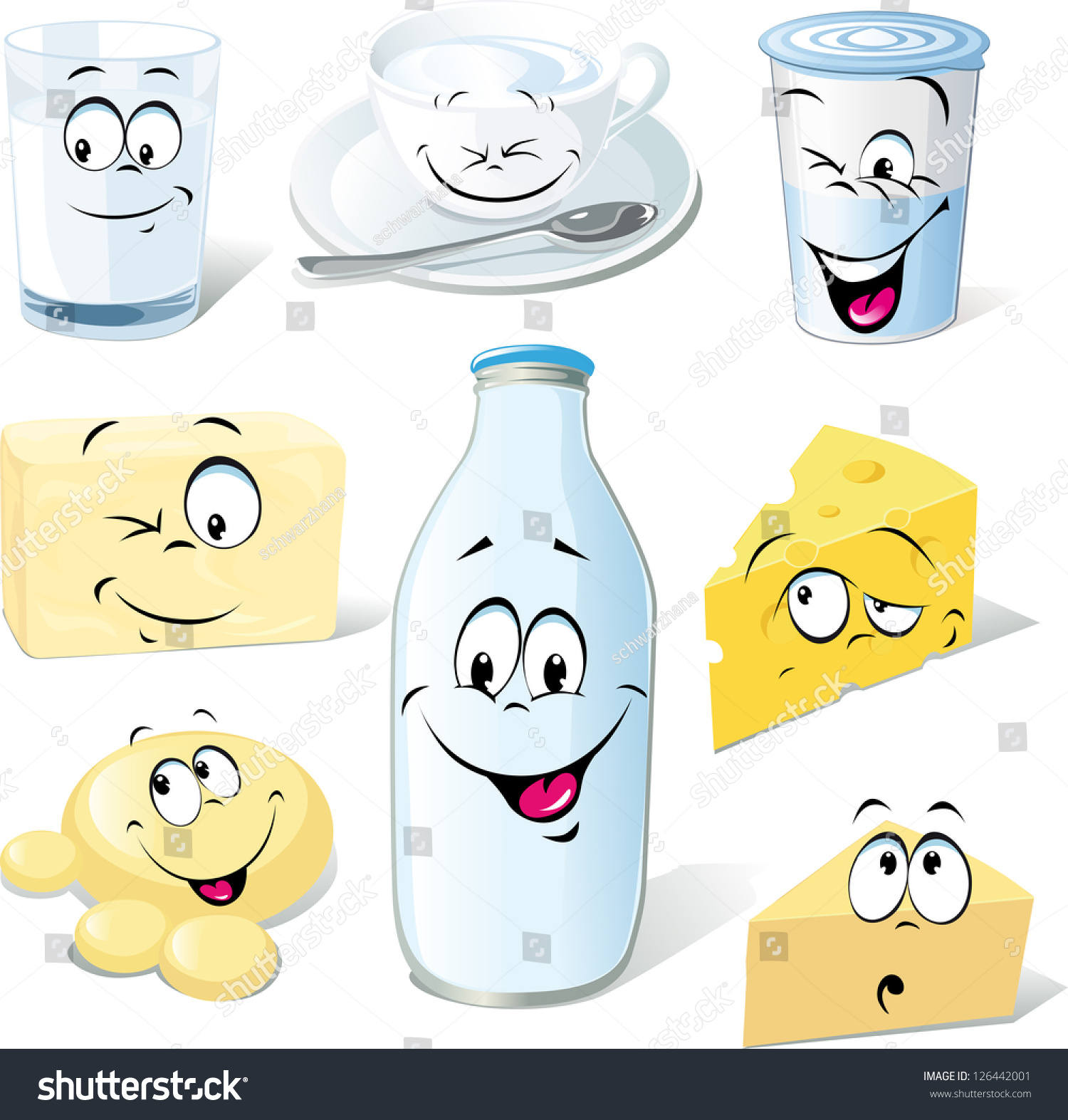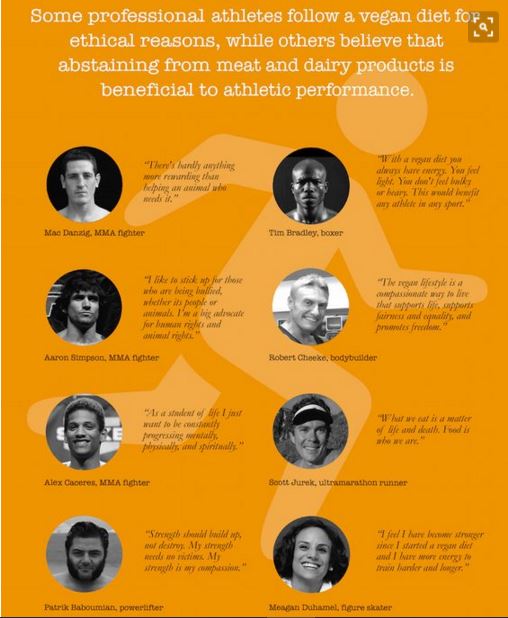Week Three
For this week I've decided to talk about how food is connected to health instead of rant and drone on about what I ate this week. It shouldn't be anything new or surprising that the food we eat is correlated to our body's health. And the entire reason I am undergoing this life experiment is to implement a healthier diet for myself. It wasn't that long ago that I remember seeing numerous news headlines about America's latest health epidemic, which seems to alternate between diabetes and obesity. So for this post I'm going to explore what are arguably the top three health problems in America--heart disease, obesity, and diabetes--and how they relate to food consumption.
1. Heart Disease /härt dəˈzēz/ noun (also known as cardiovascular disease) heart conditions that include diseased vessels, structural problems, and blood clots
Heart disease is the leading cause of death in the US, and its no laughing matter. Every year cardiovascular disease takes the lives of 370,000 people in the US alone. Anything ranging from stroke to high blood pressure (hypertension) to congenital heart disease lies under the broad topic of heart disease. Some forms of heart disease cannot be prevented, like congenital heart disease, which is an abnormality in the heart that occurs before birth. However, many forms of heart disease can be directly connected to the way someone treats their body, and, you guessed it, what food they put into their body.

 Because there are so many different kinds of heart disease I'll talk about the most common form: Coronary Heart Disease (CHD). This is the one where a waxy substance called plaque builds up in the arteries over time, making it harder and harder for blood to flow freely throughout the body. What causes this plaque build up you ask? Well, you see, plaque is a fancy (and much simpler) word for a mixture of calcium, fat, cholesterol, and cellular waste. So when a person consumes too much of any of those substances, all of which are prevalent in animal products I might add (well, except for cellular waste), they run the risk plaque build up. When too much plaque builds up a person may experience a heart attack, a heart murmur, or even heart failure. I will admit that I am simplifying things for the sake of shortening this post because I could go on forever about any disease (I've got to say, health fascinates me), so I'm just putting a memo here that there are many more details involved that I am not bringing up.
Because there are so many different kinds of heart disease I'll talk about the most common form: Coronary Heart Disease (CHD). This is the one where a waxy substance called plaque builds up in the arteries over time, making it harder and harder for blood to flow freely throughout the body. What causes this plaque build up you ask? Well, you see, plaque is a fancy (and much simpler) word for a mixture of calcium, fat, cholesterol, and cellular waste. So when a person consumes too much of any of those substances, all of which are prevalent in animal products I might add (well, except for cellular waste), they run the risk plaque build up. When too much plaque builds up a person may experience a heart attack, a heart murmur, or even heart failure. I will admit that I am simplifying things for the sake of shortening this post because I could go on forever about any disease (I've got to say, health fascinates me), so I'm just putting a memo here that there are many more details involved that I am not bringing up.
Anyway, I'll bring it back to food now! Once someone has been diagnosed with CHD there is no cure, but there are several treatments one of which is a healthier, balanced diet. Eating healthy is also a sort of prevention as well. As my picture above shows, vegans tend to have the lowest cholesterol levels, putting them at a lower risk of heart disease. This is because meat, especially red meat, is high in cholesterol. And that marbled cut of beef that Americans like so much is pretty bad for your health. In Omnivores Dilemma I learned that marbling is when the cattle gain so much fat so quickly that the fat is dispersed throughout the muscles. So even though it might taste good, that marbled cut is stock full of saturated fats and cholesterol...which is not so good for your body. Cholesterol is also high in egg yolks, and this I know thanks to my family. I have a somewhat funny story about egg yolks and cholesterol that involves my uncle. At the time my aunt was on a diet, so she was making egg white omelettes every morning, and rather than waste the yolks she would make an omelette for my uncle--which contained about 4 egg yolks. When my uncle went in for a check up at the doctors office his doctor just about had a heart attack when he saw my uncle's cholesterol level. My uncle claims that egg yolk omelettes are amazing and every man should have at least one in their lifetime, but needless to say, he was put on a strictly low-cholesterol diet afterwards and he hasn't had an egg yolk omelette since.
Of course there are other ways to treat and prevent heart disease, such as physical activity. But food consumption plays a major role in heart disease.
 2. Obesity /ōˈbēsədē/ noun the condition of being grossly fat or overweight.
2. Obesity /ōˈbēsədē/ noun the condition of being grossly fat or overweight.
So the textbook definition of obesity is when a person's BMI is 30 or greater. Lately this condition has been getting a lot of media coverage for multiple reasons. There are over 3 million cases of obesity every year in the US. All the extra weight puts people with obesity at a much greater risk of developing other conditions such as heart disease, diabetes,and even cancer among other health issues. And childhood obesity is on the rise, which is pretty scary given the associated health risks.
If there are so many people with obesity, then what causes it? There are multiple factors that are involved, but the biggest culprits tend to be unhealthy diet grouped with inactivity. Other factors include genetics, and there are many medications that cause weight gain, even lack of sleep can lead to weight gain. Either way, food consumption is directly related to obesity, and the only "cure" is to loose all the extra weight, which is (most healthily) done through a healthy, balanced diet and physical activity.
Going vegan, as crazy as it is, has certainly given me a much greater love and appreciation for my vegetables and fruits. And the weird thing is that it seems like most people only eat fruits and vegetables because they "have to" but they really don't "want to". This is something I find crazy because fruits and veggies are so amazing--they are like a burst of freshness--not to mention that every single fruit and vegetable has at least one health benefit. While I can't really claim my diet has been the most balanced, it has certainly been healthier. And many of the unhealthy foods that are absent mindedly eaten are not vegan friendly (or the vegan version is healthier). Things like chips, crackers, and microwave popcorn (most brands) contain animal products, and those are the foods that I could eat 10 servings of and maybe still be hungry. These are also the foods that many kids insist are a million times better than an apple and peanut butter or carrot sticks and rasins. Substituting prepackaged microwave popcorn with air popped popcorn reduces the calories from around 200 calories per serving to about 40 calorie (or less) per serving. And I've found that vegetables, fruits, nuts, and grains can actually be very filling (it can just get boring). So going vegan is instilling some healthier eating habits in me, and healthy eating habits is one of the most promoted prevention plans for obesity.
 3. Diabetes /ˌdīəˈbēdēz,ˌdīəˈbēdis/ noun a metabolic disease in which the body’s inability to produce any or enough insulin causes elevated levels of glucose in the blood.
3. Diabetes /ˌdīəˈbēdēz,ˌdīəˈbēdis/ noun a metabolic disease in which the body’s inability to produce any or enough insulin causes elevated levels of glucose in the blood.
The major concern in America is that more and more people are developing type 2 diabetes. There are over 3 million cases of type 2 diabetes every year in the US (is it just coincidence that its the same rate as cases of obesity?). The difference between type 1 and type 2 diabetes is that people with type 1 diabetes simply do not produce insulin (it has to do with genetics), while people with type 2 diabetes have become "insulin resistant" which is a fancy way of saying their bodies don't use insulin as well as they should. And while genetics is most likely still involved in type 2 diabetes, one of the leading cause of type 2 diabetes is being overweight or obese. Again, whats kind of scary is that children are also developing type 2 diabetes because of childhood obesity, and diabetes is a disease that can last for a person's lifetime.
So diabetes can be brought on by an unhealthy lifestyle, and as I talked about under my discussion of obesity going vegan (even for the short time thus far) has changed some of my habits. The thing about diabetes, is that once a person is diagnosed (regardless of any previous behaviors related to food) they have to watch their food consumption in order to keep their glucose levels balanced. Diabetics are very much aware of their food consumption patterns because of the disease. But in regards to prevention (aside from predispositions that cannot be changed, like genetics), just as for obesity, the most promoted prevention tactic for type 2 diabetes is to practice a healthy, balanced diet coupled with exercise.

I'm sorry this post was so long, but I wanted to touch on some major health problems that are directly related to food consumption. After all, my main goal for going vegan is to develop a better knowledge of the food I eat in order to promote a healthier lifestyle. I sort of lost sight of my goal while I was frustrated over my limited food choice at the dining centers. But the health problems I discussed are proof that what we put into our bodies effects how our bodies function. The idea that fruits and vegetables are gross is sad, because they provide almost all the nutrients that our bodies need with very few (if any) unwanted side effects.
























